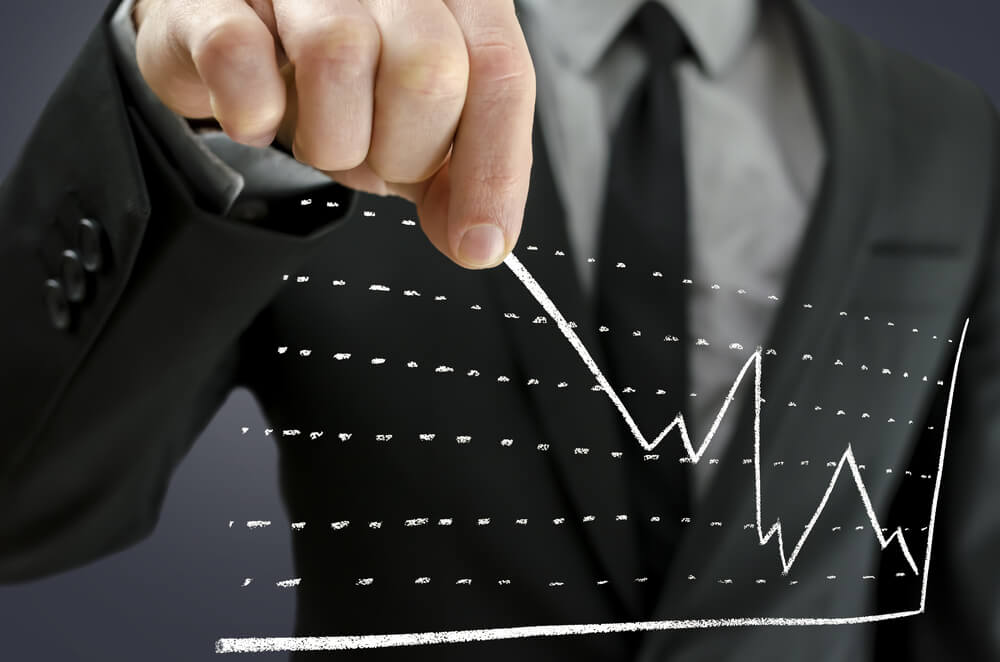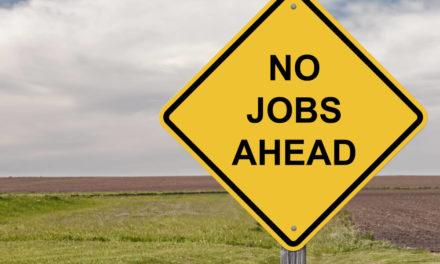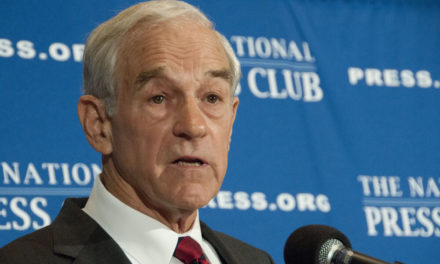It didn’t take long for the global economy to plummet, but an economic recovery may happen just as quickly, according to Federal Reserve Chair Jerome Powell.
Since the middle of February, it took 22 days for all three major indexes to fall into bear markets and the U.S. economy to sink. In fact, it was the fastest crash for the S&P 500 ever — a drop of nearly 30% in less than a month.
Powell even went so far as to tell NBC News on Thursday that the American economy “may well be in a recession.”
But Banyan Hill Publishing’s Ian King remains bullish for a quick economic recovery.
‘Akin to a Hurricane’
King said one thing that makes this coronavirus crash different is that it is not a top-down economic crisis.
“It’s more akin to a hurricane that’s hitting every city in America with different strengths,” King, a former trader with Citigroup Inc. (NYSE: C) said. “The setup looks like a classic ‘buy the rumor, sell the news.’ But in this case, it’s sell the rumor, buy the news.”
King is optimistic that social distancing is working, and speeding up virus testing will make it quicker to bring emergency resources to bear.
“Before testing, we were flying blind and living in fear,” he said.
Fed Not Running Out of Ammo
The Fed recently enacted a sweeping quantitative easing policy that includes increasing its asset purchase program and even buying corporate bonds.
Powell told NBC News the Fed’s emergency lending is only dependent on getting a backstop from the Treasury Department.
“It is not a blank check in the sense that we are limited by the ability to take losses,” Powell said. “Effectively, $1 of loss-absorption is worth $10 in loans.
“When it comes to lending, we are not going to run out of ammunition. That just doesn’t happen.”
The U.S. Senate responded by passing a $2 trillion coronavirus stimulus package that provides money for individuals and businesses to help curb the slowdown. The House is planning to take up the bill by the end of the week.
King said the Fed employing wider QE policy is a essentially a kabuki dance, hoping that it restores confidence in the markets.
“In that sense, monetary policy is an abstract art,” King wrote via email. “It’s an attempt to make people feel things about the future, and these feelings/beliefs influence the decisions they make with their money. If they think the future is bleak, they choose to save more in cash, and they spend and invest less.”
When Will the Economic Recovery Actually Happen?
Despite the fact that King doesn’t believe the actions of the Fed will have little impact on the economic rebound, a recovery could be faster than people believe.
“I think we will see a rebound as quickly as the sell-off,” King said. “Nobody is expecting it.”
Measures put in place to curb the spread of COVID-19 will help push investor sentiment to buy, he added.
“If you have doubt, you have fence-sitters,” King wrote. “When you have a surplus of fence-sitters, there’s a bigger opportunity to change their minds.”





